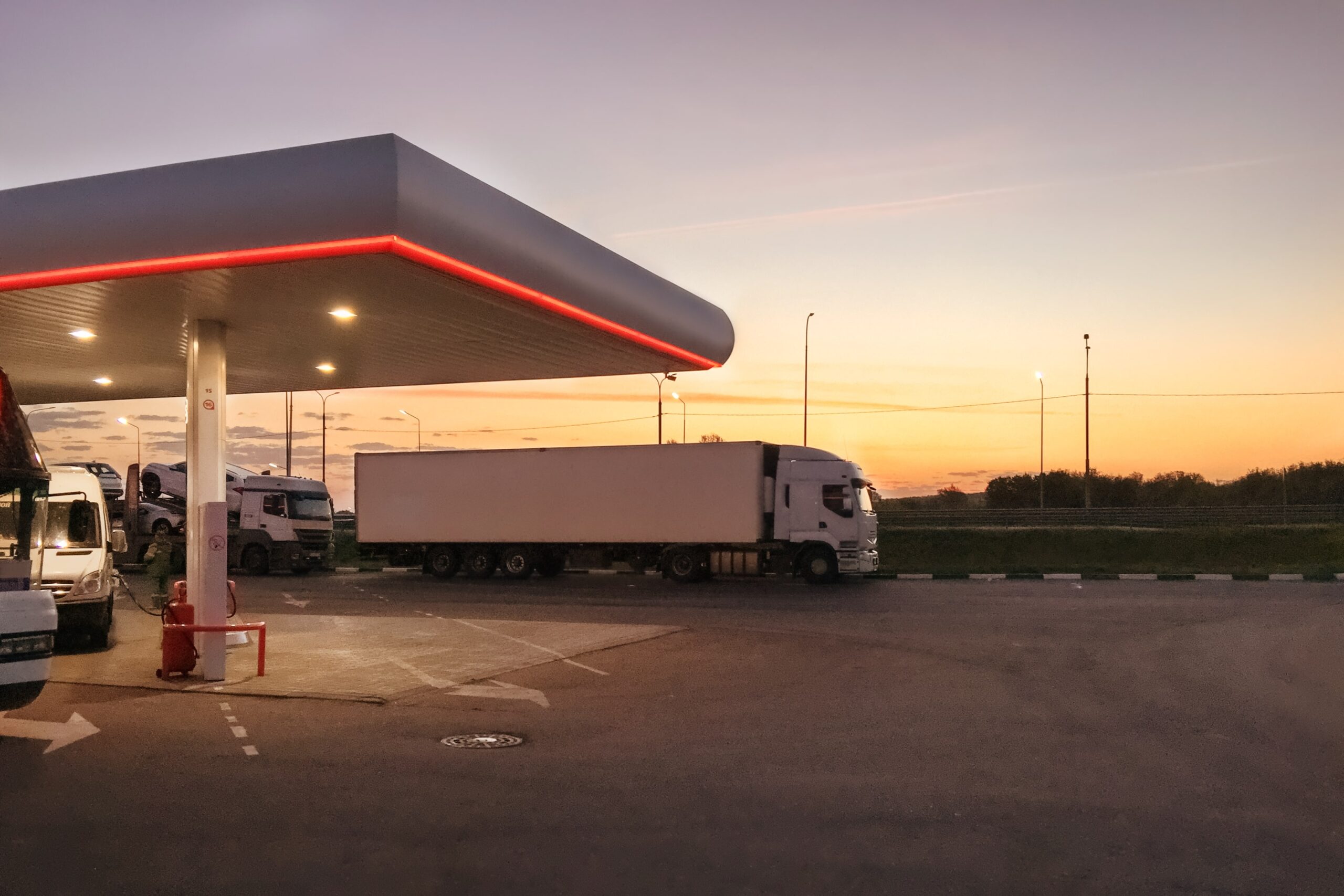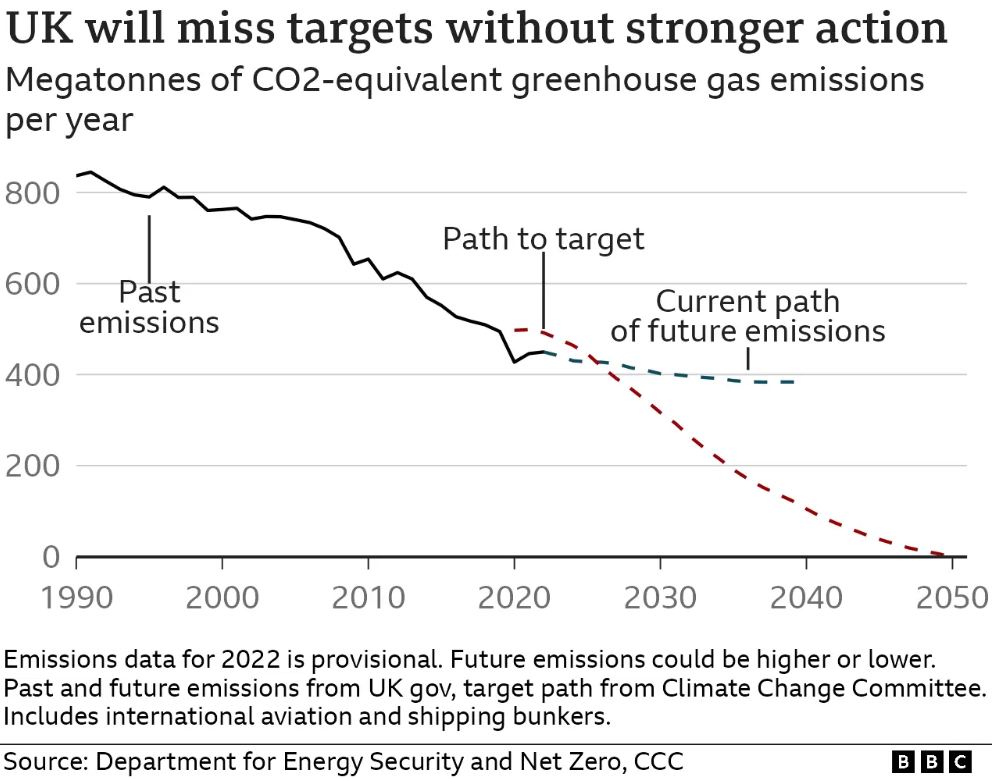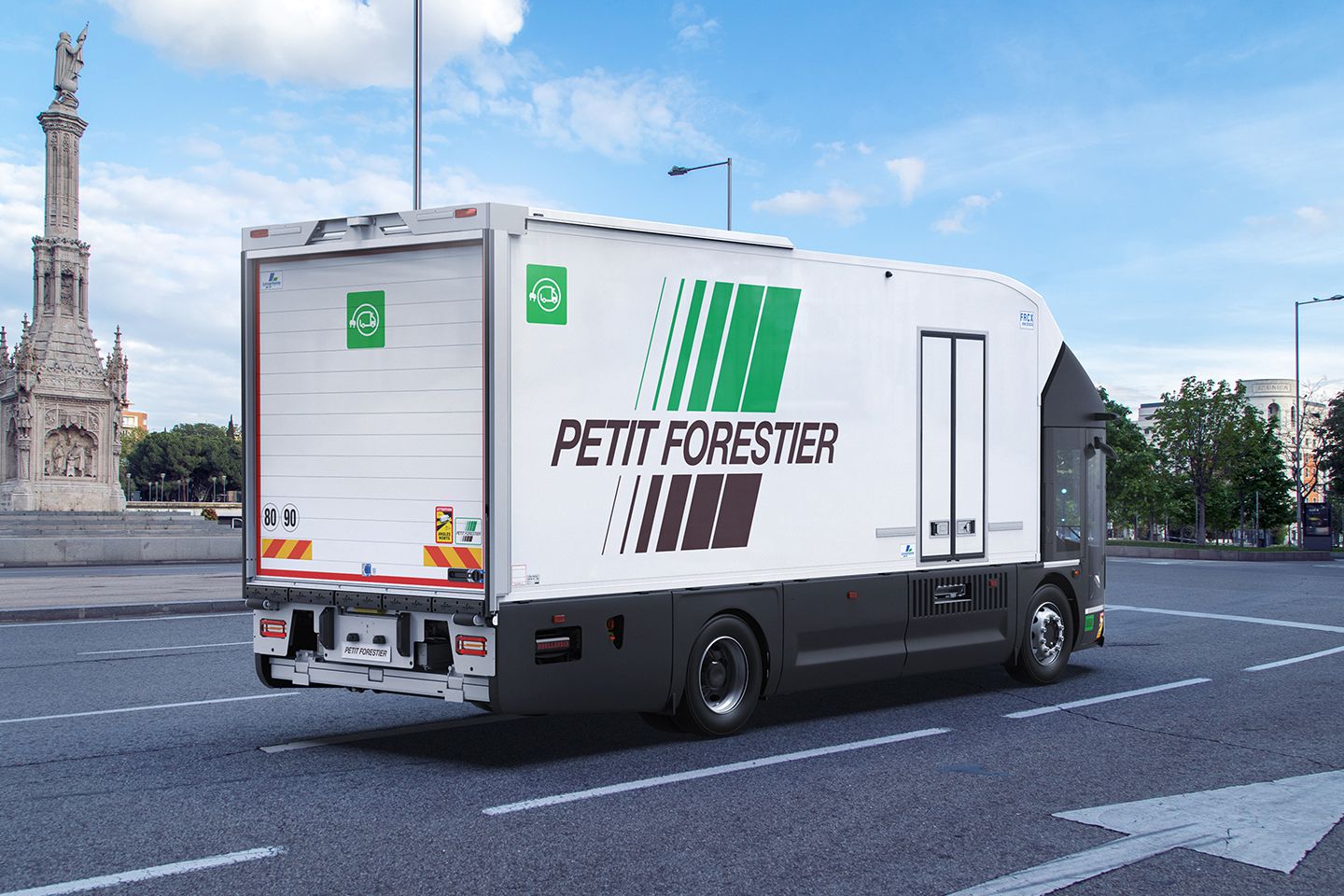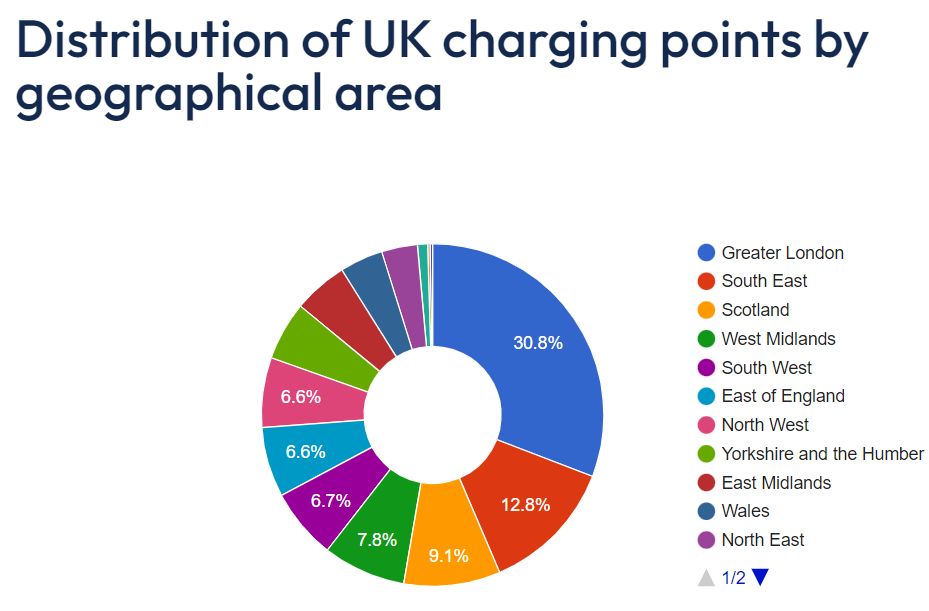To preface June’s electric vehicle and alternative drivetrain news roundup, the BBC has published an insightful report that merits attention, as it analyses how the UK is currently fairing in its pursuit of achieving net zero and how its progress compares to other countries around the world.
Those that are familiar with our monthly newsletter will be aware that this is not the first time that various key stakeholders or investigative journalists have aired their concerns regarding the UK’s current net zero trajectory.
Following the BBC’s report, we have interesting news from the likes of Volta Trucks and Petit Forestier, The Climate Change Committee, and the Mayor of London, as June shaped up to be yet another news-packed month for the industry.
The UK is Lagging Behind in Net Zero Battle


The UK government’s independent climate advisers have expressed their concerns that the UK risks falling behind in its efforts to reach net zero by 2050.
Research suggests that the UK needs to reduce its emissions by 68% by 2030 compared with 1990 levels, in line with the legally binding Paris Agreement signed in 2016, which covers climate change mitigation, adaptation, and finance.
Despite the introduction of policies, such as the Net Zero Strategy published in 2021, the government’s independent climate advisers are ‘markedly’ less confident than they were over a year ago that the UK will meet the 2050 target.

A graph using data from the Department of Energy Security and Net Zero visualises the UK’s current progress, with future projections suggesting that the UK is set to lag behind in its progress towards successfully achieving net zero by 2050.
The Climate Change Committee Recommends Ban on Plug-in Hybrids from 2030
A report by the The Climate Change Committee (CCC) has recommended a ban on plug-in hybrid electric vehicles (PHEVs) from 2030 after discovering that the green credentials of the vehicles are not as profound as first thought.
Latest estimates suggest that the carbon savings of PHEVs are actually three to five times less than prior findings, meaning that the vehicles are far less fuel-efficient and impactful on decarbonisation than first thought.
Estimates on the impacts of mass adoption of PHEVs have therefore been overestimated by around 9 MtCO2e/year (metric tonnes of carbon dioxide per year). The CCC says that this modelling highlights the ‘importance of prioritising battery-electric vehicles (BEV) over less efficient and less cost-effective PHEVs.’
Following suggestions that the UK is lagging behind in their progress to achieve net zero by 2050, recommendations have been made to use this evidence to ‘justify either permitting only BEV sales or setting a very ambitious definition of ‘significant zero-emission capability’ when deciding what vehicles will be.’
Volta Trucks and Petit Forestier Strike Deal to Offer Refrigerated Electric Trucks

The Volta Zero by Volta Trucks and Petit Forestier. Source: Petit Forestier
Electric truck manufacturers Volta Trucks and refrigerated transport solution specialists Petit Forestier have announced a major deal to offer rental and leasing options for their collaborative all-electric 16-tonne and 18-tonne refrigerated trucks, in a bid to improve their affordability for businesses.
The extension to include rental and leasing options aims to accelerate the adoption of their refrigerated electric trucks in selected markets across Europe, including France, Spain, Italy, the Netherlands, and the United Kingdom.
Dubbed the Volta Zero, the refrigerated electric trucks have been specifically designed to deliver temperature-controlled goods in urban areas. They sport an ‘industry leading low access and high visibility panoramic cab’, to provide ‘industry leading safety’ for both the driver and other road users or pedestrians.
Essa Al-Saleh, Chief Executive Officer of Volta Trucks, reflected on the partnership: “Our partnership and rental agreement with Petit Forestier further demonstrates our commitment to providing our customers with a simple, easy-to-manage, and de-risked transition to an all-electric transport solution, helping to make our city centres safer and more sustainable for everyone.”
London Mayor announces expansion of rapid charging points for electric vehicles

The Mayor of London, Sadiq Khan, has unveiled plans to accelerate the deployment of London’s electric vehicle charging infrastructure by installing over 80 new rapid charging points across the capital.
London currently accounts for nearly one-third of all charge points in the UK and boasts the highest number, as well as proportion of rapid charge points among European cities.

Source: ZapMap
According to ZapMap, London currently has 13,455 charging points, and much progress is still to be made if London can achieve the estimated requirement released in the London 2030 Electric Vehicle Infrastructure Strategy, which suggests between 40,000 and 60,000 public charge points will be needed by 2030 in order to meet demand.
Following the unveiling, Sadiq Khan called on the UK government to follow London’s lead in accelerating its charging infrastructure rollout across the country.
Frequently Asked Questions
There are a number of key policies as outlined in the UK government’s Net Zero Strategy framework which sets out policies and proposals for decarbonising all sectors of the UK economy to meet our net zero target by 2050.
Such key policies include:
– Ending the sale of new petrol and diesel cars and vans by 2030
– Investment in hydrogen production
– 10% sustainable aviation fuel by 2030
– Triple the rate of woodland creation in England
There are currently 43,626 charging points located in the UK, 13,455 (30.8%) of which are located in London.








